| VIDEOS | ABOUT | GET INVOLVED | CONTACT |
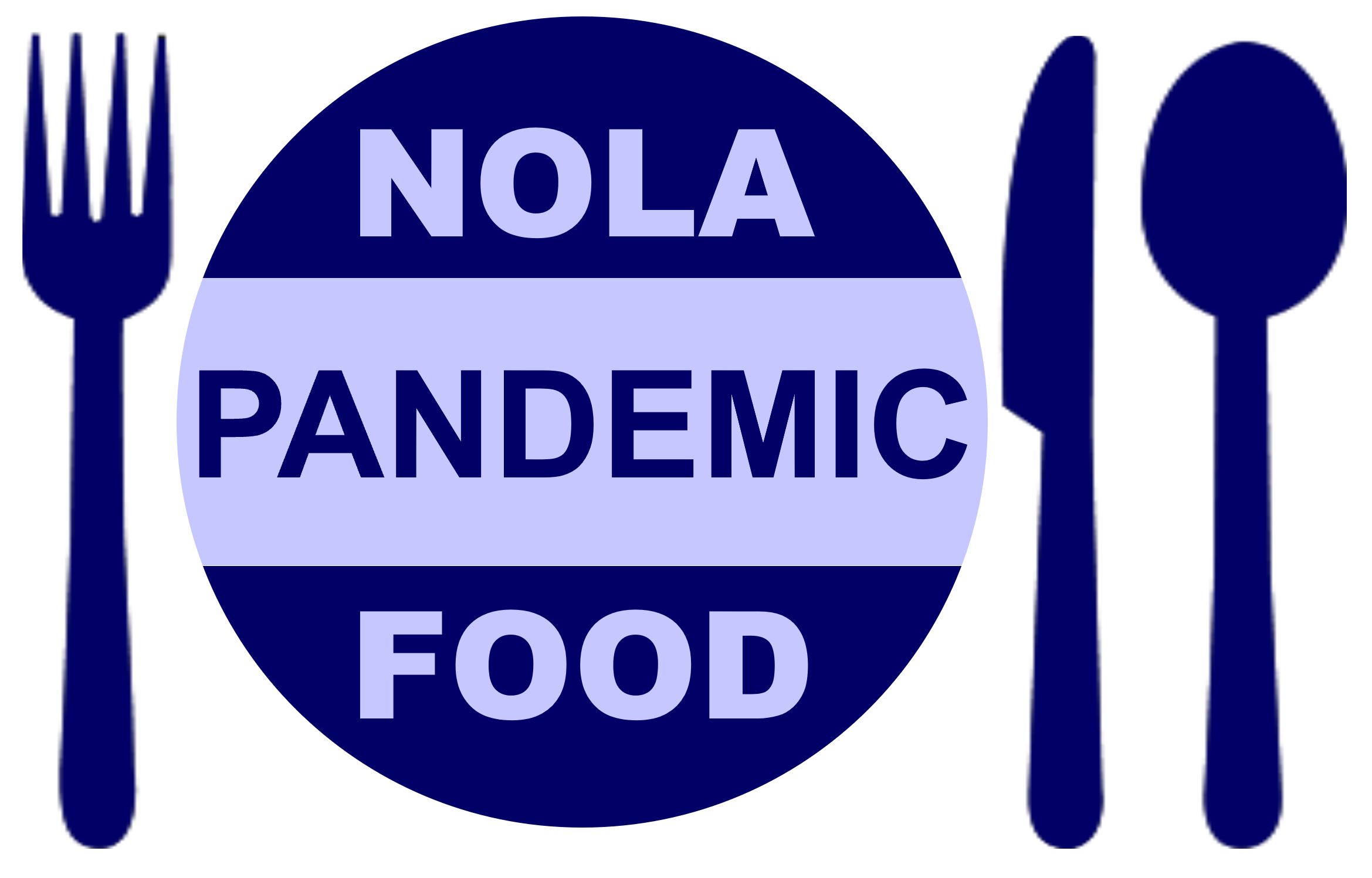
|

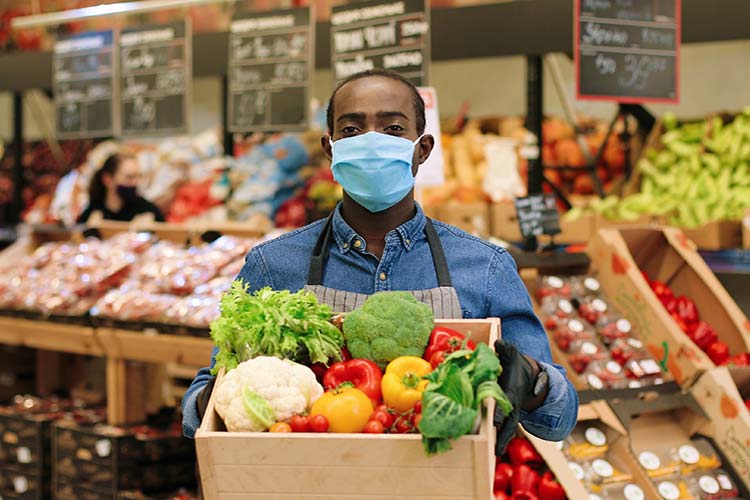

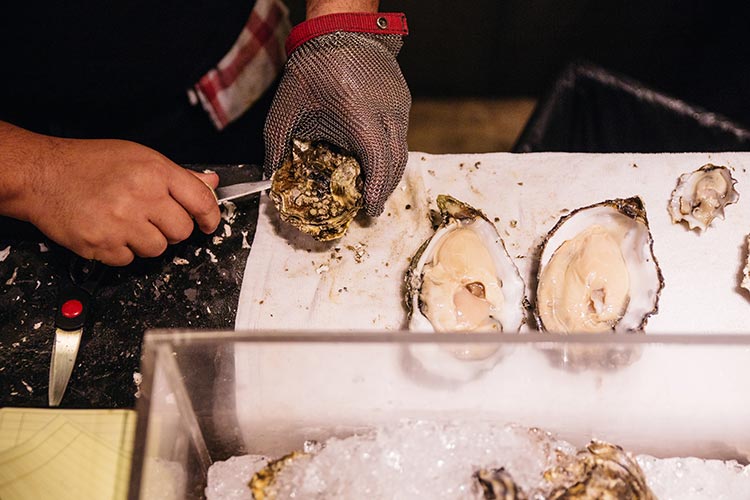
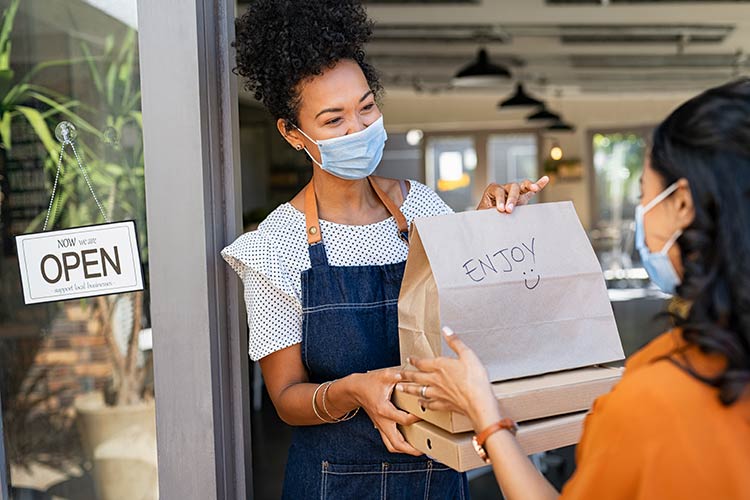
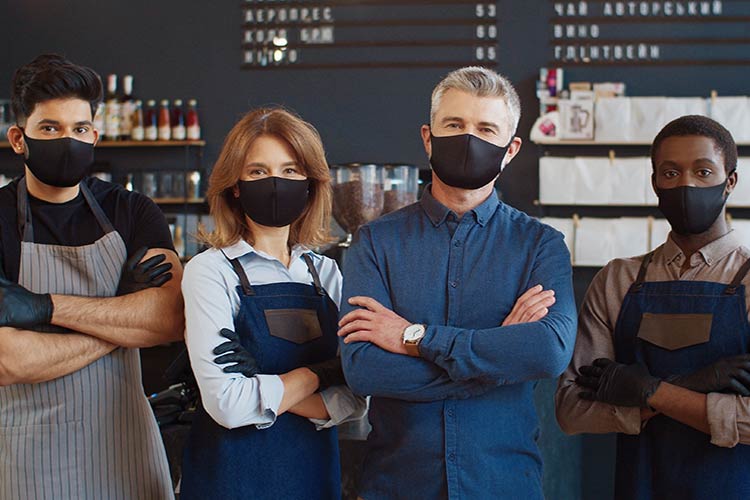
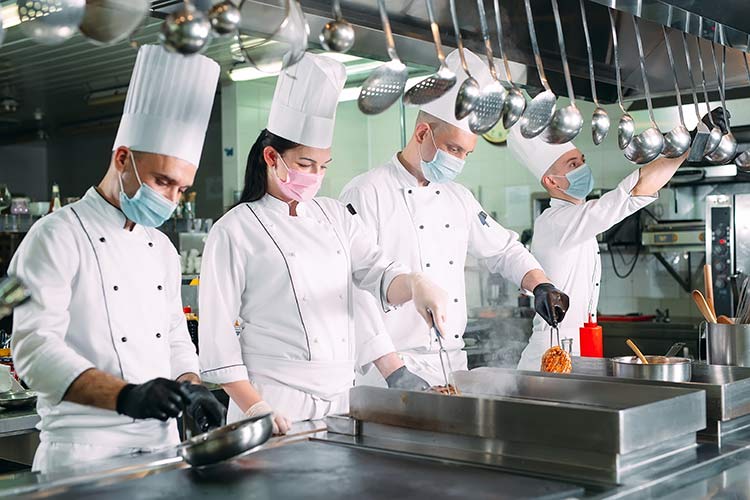
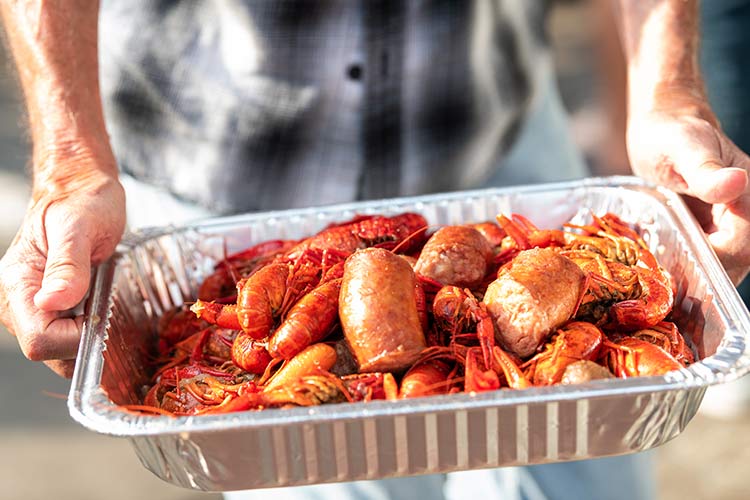

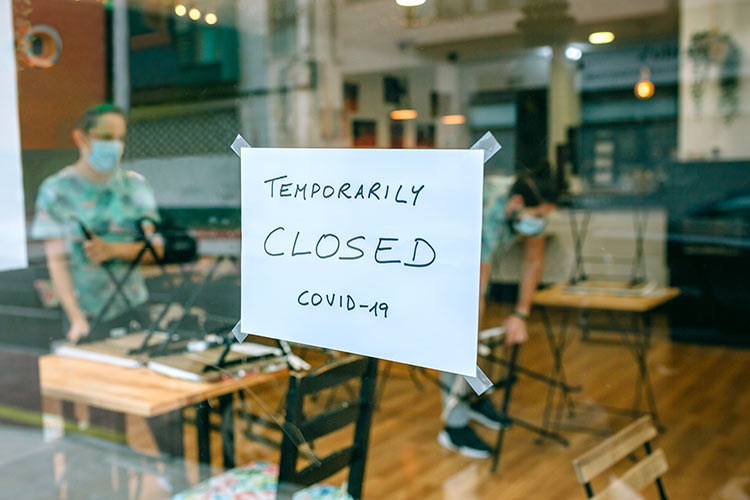
|
| NOLA Food Service Workers:
The Pandemic's Unsung Heroes |
|
This project is building infrastructure to support the pandemic-related needs of New Orleans food service workers and their families over the long term.
People working at grocery stores, restaurants, and other food service businesses, their families, business owners, scientists, clinicians, and other interested parties are invited to join.
Mike Hoerger and Courtney Baker are leading the project in collaboration with other Tulane researchers, the Louisiana Public Health Institute, and members of the New Orleans community.
Please call (504-314-7545) or email (mhoerger@tulane.edu) Mike to learn more and discuss how you can get involved.
People working at grocery stores, restaurants, and other food service businesses, their families, business owners, scientists, clinicians, and other interested parties are invited to join.
Mike Hoerger and Courtney Baker are leading the project in collaboration with other Tulane researchers, the Louisiana Public Health Institute, and members of the New Orleans community.
Please call (504-314-7545) or email (mhoerger@tulane.edu) Mike to learn more and discuss how you can get involved.
VIDEOS
Community-Based Pandemic Research (12/14/21)
Townhall Orientation (10/27/21)
Introductory Presentation (9/22/21)
ABOUT
Background
This project is building capacity to support the pandemic’s "unsung heroes," frontline essential food service workers. Food service workers have been hit hard by the COVID-19 pandemic, especially in New Orleans. The delta variant and Hurricane Ida compounded these challenges. Food service workers and their families face three ongoing problems:
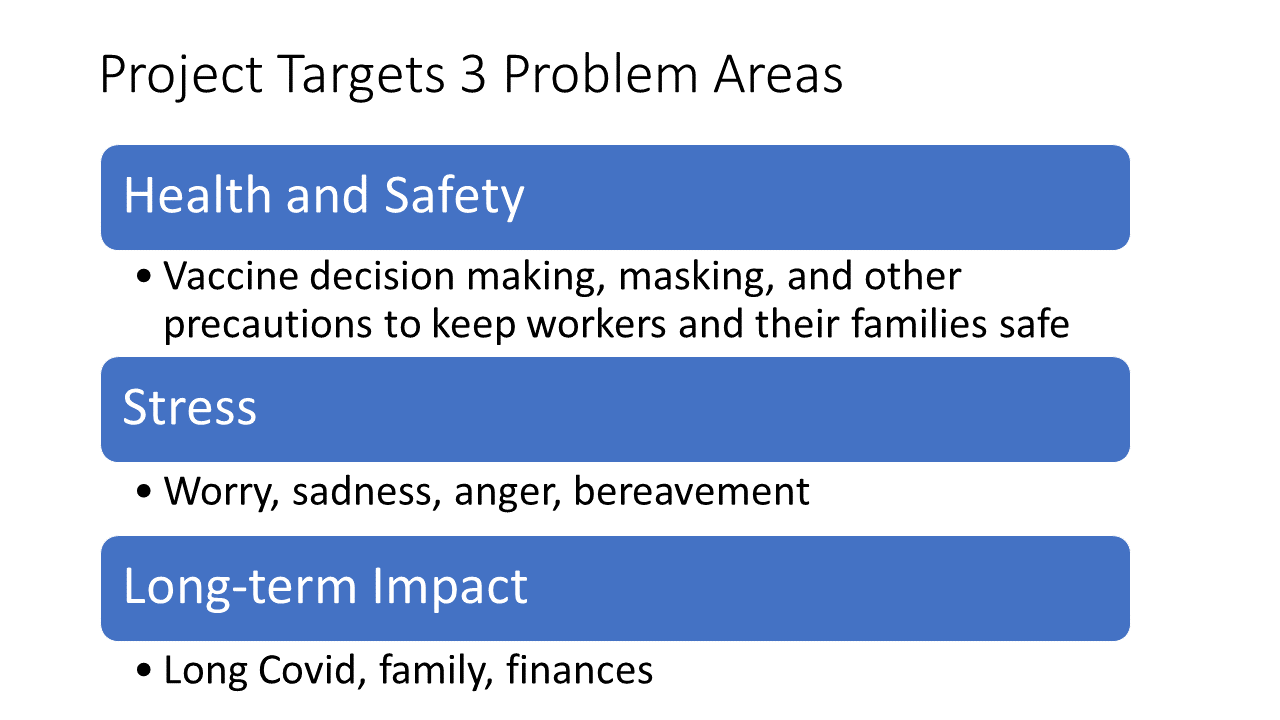
Proposed Solution
Over the 18 months from September 2021 through February 2023, we are developing capacity to conduct larger and longer-term projects that will support food service workers and their families in dealing with health and safety, stress, and the long-term consequences of the pandemic and COVID-19. Given the uncertainty of the pandemic, we devised our project plan using an adaptive strategy. This will allow us to focus on the greatest problems people are experiencing under best-case and worst-case pandemic scenarios. The New Orleans community will guide all aspects of this work. We have the following project objectives:
Project Outcomes
The project focuses on achieving these key outcomes:
- Form a multi-stakeholder collaborative to support food service workers and their families
- Identify community priorities for support with health and safety, stress, and the long-term impact of COVID
- Develop a strategic plan to support food service workers and their families over the long term
- Submit deliverables to the funder to support the broader research community in conducting similar projects
- Identify and obtain larger project awards to support food service workers and their families
Project Team
We are currently finalizing the project's Steering Committee. The project is being led by individuals at Tulane University, the Louisiana Public Health Institute, and the New Orleans community. More details will follow soon. Funding
This project is funded through a Patient-Centered Outcomes Research Institute (PCORI) Eugene Washington PCORI Engagement Award (EASC-COVID- #00265).
GET INVOLVED
Community-building
Organizing and communicating among those interested in supporting NOLA food service workers and their families- Website
- Listserv
- Social media
Setting Long-term Priorities
Gaining a better understanding of the community's needs surrounding health and safety, stress, and the long-term consequences of the pandemic- Survey (December 2021 through February 2022) - A survey of 40 people, including food service workers (grocery, restaurant, and other), family members, business owners, and school representatives of children of food service workers. The survey will span all three problem areas.
- Focus groups (April, June, and October of 2022) - Each of three focus groups emphasizes one of the three problem areas. Focus groups involve 8-12 people each who are committed to supporting food service workers.
- Interviews (December 2022) - Depending on the course of the pandemic, the goal is to identify an important context relevant to food service workers and conduct interviews with 20 people. Examples could include a booster vaccination event at a local food festival, a wellness event focused on the food service industry, a long-COVID outreach event for food service workers, and other options of key relevance to food service workers at that point in or after the pandemic.
Training in Project Design
Helping community members to become more familiar with designing and executing projects like this one and future projects (terminology, best practices, research skills, pandemic-related information, etc.)
- Townhall (October 2021) - Community-wide orientation to the project background, goals, objectives, and activities, foundational training in working on a project like this, planning for next steps, and Q&A
- Training Meeting #1 (December 2021) - Community-wide meeting focused on building skills to conduct pandemic-related research projects and identify priorities for specific problems to focus on going forward
- Training Meeting #2 (August 2022) - Community-wide meeting focuced on developing specific questions to address in future research topics and transitioning toward a sustainable organization
- Project Findings and Next Steps (December 2022) - Community-wide meeting focused on sharing what we have learned during the project and laying out plans for sustaining the organization
Leading the Project
Leading the project through an 11-member Steering Committee of community members and researchers (a few openings are available)
- Steering Committee Meetings - Leadership team meets every other month over the 18 months of the project
- Steering Committee Activities - Between meetings, the Steering Committee organizes events, shares information with the community, develops research materials (surveys, focus group questions, interview questions), makes training documents, investigates opportunities for long-term sustainability, and develops long-term strategy
CONTACT
Learn More
Would you like to learn more about the project? Contact Mike Hoerger at Tulane University
| 504-314-7545 | |
| mhoerger@tulane.edu | |
| @food_nola | |
| foodnola |
We would be pleased to talk to people working in grocery stores, restaurants, and other food-related businesses, their families, business owners, and other interested parties.